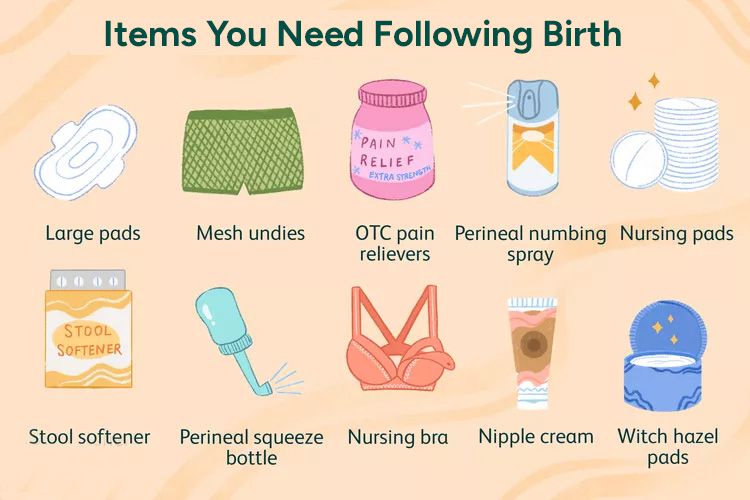For new parents, postpartum planning is an essential step to ensure a smooth recovery and adjustment after childbirth. Creating a postpartum plan template helps outline recovery goals, manage newborn care, and set realistic expectations. From utilizing a postpartum planning checklist to scheduling a postpartum planning session, these tools empower parents to stay organized during this transformative phase. Resources like a Tiny Hearts postpartum plan and a postpartum safety plan offer invaluable support in addressing physical and emotional well-being.
What is a Postpartum Plan Template?
A postpartum plan template is a structured outline that helps you prepare for life after delivery. It includes essential components like self-care, feeding schedules, and emotional support. Many free postpartum plan templates are available online, including from platforms like Tiny Hearts.
1. The Ultimate Postpartum Planning Checklist:
A postpartum_planning checklist ensures that no detail is overlooked during this critical period. Key items to include are:
- Health Check-Ups: Schedule visits for you and your baby.
- Home Setup: Organize baby supplies and recovery essentials.
- Meal Prep: Plan and freeze meals in advance.
- Support System: Enlist family or hire postpartum help.
- Mental Health: Add resources for counseling or support groups.
2. Postpartum Planning Sessions: Preparing as a Family
A postpartum_planning session is an excellent way to involve loved ones in creating your care plan. These sessions can include:
- Assigning responsibilities for baby care and household tasks.
- Discussing a postpartum safety plan in case of emergencies.
- Reviewing the postpartum preparation list to ensure nothing is missed.

3. Tiny Hearts Postpartum Plan: A Trusted Resource
Tiny Hearts offers a customizable postpartum plan template that covers everything from self-care routines to newborn care tips. This tool is perfect for parents who need guidance but want to personalize their plans.
4. Why You Need a Postpartum Safety Plan?
A postpartum safety plan outlines emergency contacts, health resources, and mental health support options. This plan is critical for addressing unexpected situations like postpartum depression or physical complications. Pairing it with a well-balanced pregnancy diet plan ensures that new mothers have the nutrition and energy needed for recovery, aiding both physical healing and emotional well-being. Together, these strategies provide a holistic approach to postpartum care for parents.

Key Components:
- Emergency Numbers: Include your doctor, pediatrician, and local emergency services.
- Signs to Watch For: Know when to seek help for health concerns.
- Support Contacts: List friends, family, or counselors who can provide immediate assistance.
5. Postpartum Care Plan: Prioritizing Your Recovery
A postpartum care plan focuses on your physical and emotional well-being. It includes:
- Rest and Recovery: Plan for adequate sleep and light movement.
- Nutrition: Focus on meals rich in vitamins and protein.
- Emotional Support: Include time for bonding with your baby and seeking therapy if needed.
External Resource: Postpartum Support International offers great tools for emotional recovery.
6. Building Your Postpartum Preparation List:
A postpartum preparation list helps you stay organized during this busy time. Use a structured format to include:
- Essentials for Baby: Diapers, wipes, and feeding supplies.
- Recovery Items: Perineal sprays, nursing pads, and comfortable clothing.
- Emergency Items: A postpartum safety plan and contact list.
Download a free postpartum_plan template to ensure all items are covered.
Conclusion:
Preparing for the postpartum period doesn’t have to be overwhelming. By using a postpartum plan template, you can organize every detail to ensure a smoother recovery. Whether it’s following a postpartum_planning checklist, scheduling a postpartum planning session, or utilizing resources like a Tiny Hearts plan, these tools provide structure and support during this crucial time.
Don’t forget to include a postpartum safety plan to address unexpected challenges, and a postpartum care plan to focus on your physical and emotional recovery.
FAQS:
What is the 5 rule for postpartum?
The 5-5-5 rule for postpartum recovery encourages new mothers to rest for the first 5 days in bed, spend the next 5 days around the bed, and dedicate the following 5 days to light activities around the home. This rule emphasizes gradual recovery and prioritizing rest.
What is a postpartum care plan?
A postpartum care plan is a personalized guide that outlines strategies for a new mother’s physical recovery, mental well-being, and newborn care. It includes support systems, medical follow-ups, nutrition, and self-care routines to ensure a smooth transition into motherhood.
What is postpartum family planning?
Postpartum family planning involves choosing methods to delay or prevent pregnancy after childbirth. It focuses on helping parents space out pregnancies, considering the mother’s health, breastfeeding status, and family goals.
What is a postpartum plan for a mother?
A postpartum_plan for a mother is a detailed outline to address recovery needs, emotional support, and infant care. It may include feeding schedules, rest periods, household help, and contact information for healthcare providers.
What is the 3 postpartum period?
The three postpartum periods are the initial period (first 24 hours after delivery), the subacute period (2-6 weeks post-birth for physical recovery), and the delayed period (up to 6 months or longer, focusing on emotional and physical adjustments).
What is a postpartum program?
A postpartum program provides resources, guidance, and support to help new mothers recover and adjust after childbirth. These programs may offer workshops, counseling, or fitness sessions tailored to postpartum recovery needs.
External Resources:
Postpartum Support International
CDC – Postpartum Care
Explore comprehensive guidelines for postpartum health and recovery.
Mayo Clinic – Postpartum Care Essentials

Empowering parents to raise happy, confident kids. Get practical parenting tips and advice on our blog, Smart Parent Guides.
